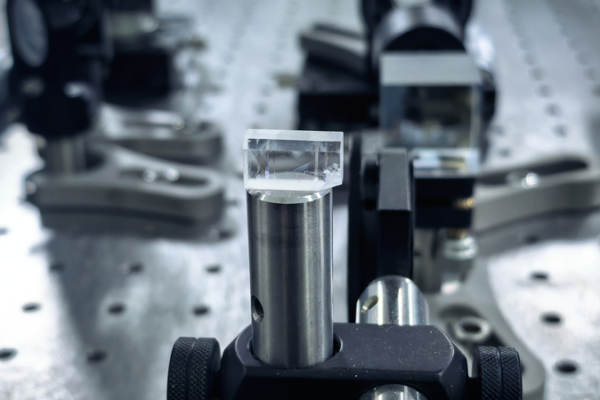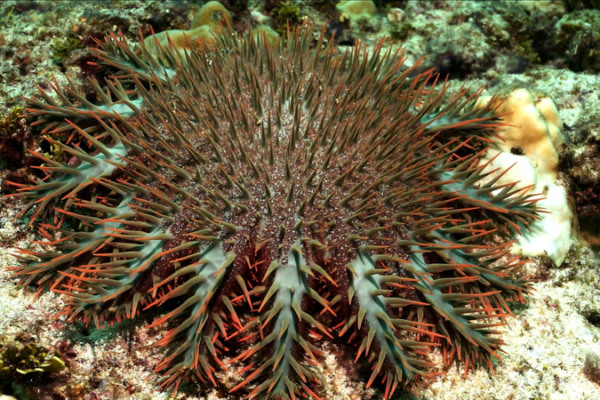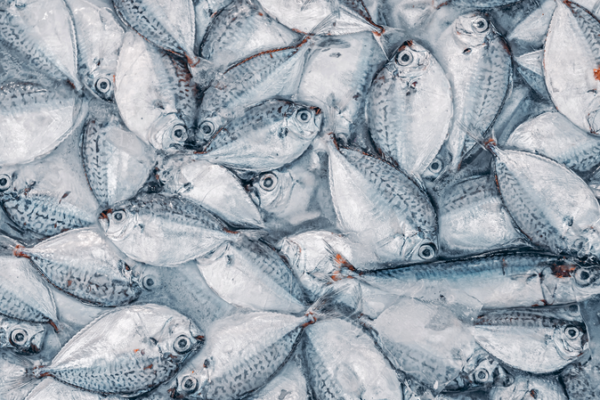Chinese Breakthrough in Ultralow-Power Transistors Reshapes Semiconductor Future
Chinese researchers develop 0.6V ferroelectric transistors, addressing voltage mismatch in AI chips and boosting energy efficiency for future tech applications.
News & Insights Across Asia
Chinese researchers develop 0.6V ferroelectric transistors, addressing voltage mismatch in AI chips and boosting energy efficiency for future tech applications.

Chinese researchers unveil stretchable electrodes enhancing brain-computer interface stability, published in Nature Electronics. A leap for neurotech and medical applications.

Chinese researchers develop groundbreaking ABF crystal enabling record-breaking 158.9 nm vacuum UV lasers, revolutionizing precision manufacturing and scientific instrumentation.

Chinese scientists lead efforts to protect South China Sea corals from invasive crown-of-thorns starfish, safeguarding marine biodiversity in 2026.

Chinese scientists confirm 87-year-old quantum theory, enabling new approaches to detect elusive dark matter through groundbreaking atomic observation techniques.

A new Chinese study reveals human-driven climate change will accelerate Antarctic warming faster than previous estimates, with significant global implications.

A Chinese study reveals PFAS ‘forever chemicals’ in global seafood, highlighting health risks and the role of international trade in exposure patterns.

New study reveals how urban heat patterns in China’s major cities intensify extreme temperatures, offering insights for climate adaptation strategies.

Chinese researchers integrate AI into evidence-based medicine, creating dynamic systems for precise diagnostics and personalized treatment plans. #MedicalInnovation

Chinese and international scientists present substantial subsurface evidence supporting the existence of an ancient ocean on Mars, resolving longstanding debates.

A research team from the University of Science and Technology of China has developed a lightweight, highly dexterous bionic hand capable of replicating the functionality of a human hand.

Chinese scientists have discovered that a specialized immune cell secreting Granzyme K fuels chronic sinus inflammation, opening new avenues for treatments targeting conditions like sinusitis and nasal polyps.

Chinese scientists have discovered that a specific type of immune cell secreting Granzyme K worsens chronic sinusitis and nasal polyps by intensifying inflammation, offering new targets for treatment.

Chinese scientists have discovered that a specific immune cell, previously seen as a defender, actually worsens chronic sinusitis and nasal polyps by fueling inflammation and tissue damage.
Chinese scientists have discovered that a specific immune cell secreting Granzyme K intensifies chronic sinus infections, offering new targets for treatment.

Chinese scientists have discovered that a specific immune cell exacerbates chronic sinusitis, offering new hope for treatments targeting inflammation caused by Granzyme K.

Researchers from China’s Tsinghua University and Beijing Tongren Hospital discover that a specific immune cell exacerbates chronic sinusitis, offering new hope for treatment.
A new study by researchers from China’s Tsinghua University and Beijing Tongren Hospital has identified Granzyme K, an immune protein, as a key player in worsening chronic sinusitis and nasal polyps.

Scientists from Tsinghua University and Beijing Tongren Hospital have identified a type of immune cell that worsens chronic sinus infections, paving the way for new treatments.

Chinese scientists have identified Granzyme K, a protein secreted by specialized immune cells, as a key factor worsening chronic sinusitis. This discovery could lead to innovative treatments reducing inflammation and recurrence.